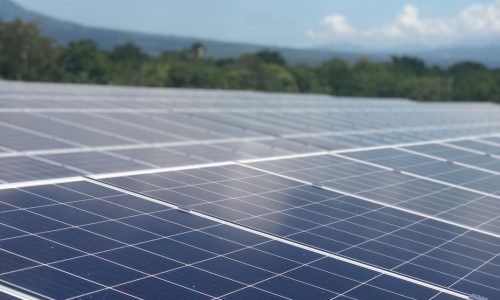The Indonesian Fiber and Filament Yarn Producers Association (APSyFI) recorded that around 37,000 containers of illegal textile and textile product (TPT) imports flooded the domestic market throughout 2023.
Redma Gita Wirawasta, Chairman of APSyFI, said the government still has a significant task regarding the rampant illegal imports that need to be addressed by the Directorate General of Customs and Excise.
“Based on calculations using the supply method, it is estimated that illegal TPT imports in 2023 reached 749,000 tons, equivalent to 37,000 containers,” Redma said as quoted by Bisnis.com on Wednesday, March 6, 2024.
He added that the illegal import figure was calculated by looking at the volume of TPT supply from upstream to downstream, including export-import data of the Statistics Indonesia (BPS). Then, APSyFI compared it with consumer consumption based on the Gross Domestic Product (GDP). The difference between supply and consumer consumption is considered as unrecorded or illegal imports.
On one hand, regulations on prohibitions and restrictions through Minister of Trade Regulation (Permendag) No. 36/2023 have met the needs of entrepreneurs to control these imports.
“But if Customs still refuses to improve its performance, the domestic market will continue to be flooded with illegal imports,” Redma said.
Previously reported, illegal imports are rampant due to smuggling activities through illegal ports, ranging from small-scale to large-scale operations. Over 1,600 bales of used imported clothing from Malaysia were seized on the east coast of Sumatra in October 2023. Customs even mentioned thousands of “rat ports” scattered around and becoming hubs for illegal import smuggling. This phenomenon is widespread in border areas.









